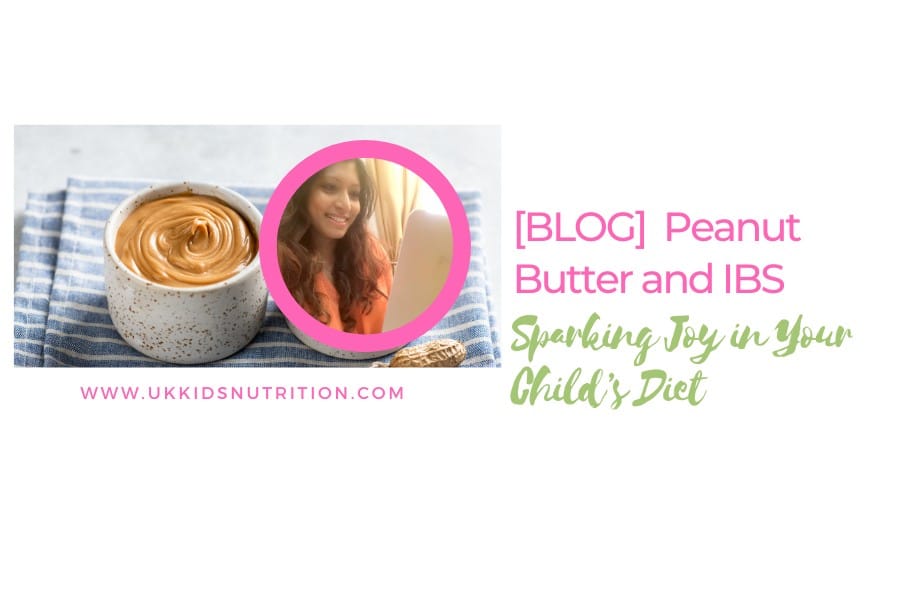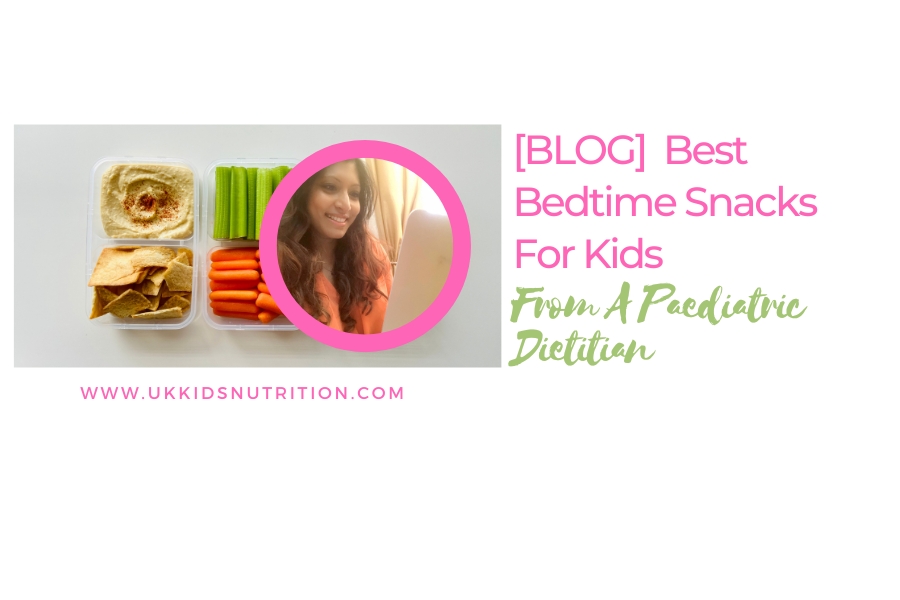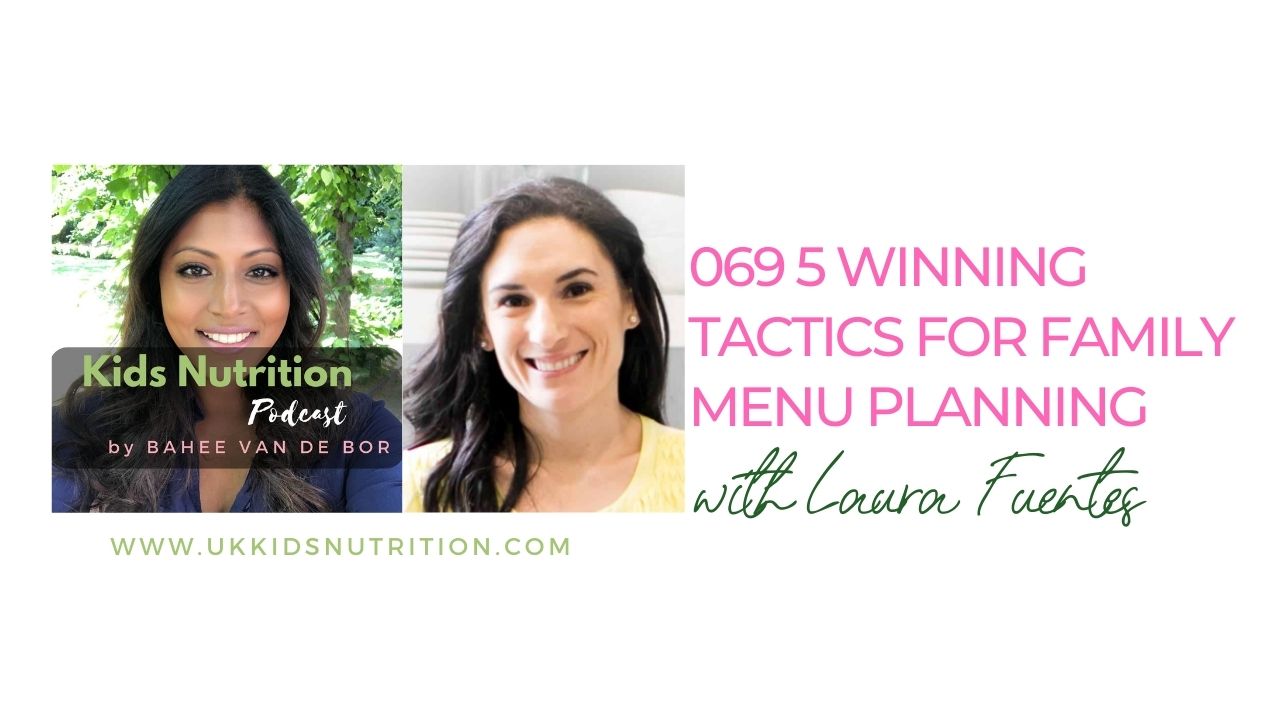
It’s heart aching for a mum when a health professional diagnoses your child with faltering growth, but do you know what this term really means and more importantly, what can you do about it? It’s hard work but nothing is impossible.
Faltering growth is a medical term when an infant or child grows more slowly than expected for their age and gender. Healthy children usually progress alongside their same centiles for height and weight.
When a child’s nutritional intake does not meet their specific energy requirements due to an underlying disorder or persisting problems with appetite and feeding a child may be at increased risk of reduced growth velocity.
As a result, the child’s weight, height or both may cross centile lines on their growth chart. There is a multitude of reasons why a child may struggle to grow at their expected rate, but this is not the purpose of today’s post.
ROLE OF THE PARENT
Your dietitian or medical practitioner may prescribe high-energy milk or special feeds to help your child grow. Alongside these special milk, the use of high-energy foods such as margarine/butter, cooked breakfasts, high-energy snacks and food fortification with oils and fats can be used to promote weight gain.
Always work with a trusted health professional if you suspect that your child’s growth is sub-optimal. See here for my contact and clinic details.
Here are a few suggestions.
MENU DU JOUR
Breakfast
Toast – your child may only have a few bites but you can make every mouthful calorific by using more than one spread such as margarine AND jam AND peanut butter AND avocado and so on.
Cereal – consider using full cream milk and sweeten with sugar or honey to increase overall energy value of the meal. Nationally there is a drive to reduce the intake of sugars in our children, however, for a child experiencing difficulty with weight gain, the use of high energy foods as described above would be appropriate.
For a leisurely breakfast, offer pancakes or waffles with syrups, croissants or brioche. Try to eat meals with your child to create a pleasant and social atmosphere around meal times.
Get into a routine and feed your child at the same time each day. Allow 30 minutes for each meal and never ‘force’ your child to eat. This will only increase your child’s anxiety around meals. Instead, create a positive feeding environment whereby you encourage your child and reinforce positive behaviour i.e. offer praise when your child takes a bite or puts food into their mouth. You could clap your hands or offer words of encouragement.
Lunch
Consider adding two protein fillings into sandwiches such as ham AND cheese.
Use margarine or other high-fat spreads AND other fillings for sandwiches.
For soups, consider adding a teaspoon of oil or cream before serving.
Similarly, mix a teaspoon of margarine or vegetable oil into hot meals to boost calories.
For self-feeding babies and young toddlers consider savoury muffins, bite-sized pieces of quiche or cut-up gourmet omelettes!
Dinner
As above and always offer dessert even if it is something simple like yoghurt, jelly or fruit. Every bite counts!
Snacks
Be prepared and carry snacks with you so that you have something on hand if your little one claims to be hungry unexpectedly. Cereal bars, dried fruit, biscuits, and pre-portioned slices of cake or crisps are easy to transport for the busy mum on the go. At home, you could offer cheese and crackers, toast with spreads, mini sandwiches, flavoured milk, fruit with yoghurt or anything that the little one will accept and enjoys eating.
These are only a few ideas for increasing energy intake for the little one needing the extra calories. To ensure that your little one looks forward to meal times, invite their friends for play dates so he/she enjoys eating with friends. Aim to eat at the table as a family at least once a day.
Make family meals a big deal, get the conversation flowing about anything and everything and keep the atmosphere relaxed and positive.
Offer lots of praise when your little one does eat and simply remove the plate without a fuss once the meal is over.
Finally, don’t forget to ask your GP for a referral to a paediatric dietitian. An expert overview of your child’s intake can often be helpful with individualised advice necessary.
For private consultations, you can choose to see me at my clinic or arrange a home visit. Here’s that link again if you would like to contact me here.
SUMMARY
- Offer 3 meals and 2 – 3 snacks per day at the same time each day
- Allow up to 30 minutes for meal times
- Never force your child to eat, encourage him or her to eat and reinforce positive behaviour with hugs, smiles, words of encouragement
- Use spreads on bread such as avocado or nut butter and choose high-energy foods at meals to increase overall calorie/energy intake
- Consider mixing in a teaspoon of vegetable oil or butter/margarine into a hot meal prior to serving
- Offer dessert or a bedtime snack
This article was first posted on my other blog A Light Perspective. Good luck and do share any tips that you have found useful. Please do comment below, I love hearing from you.
Never miss a post by signing up to UK Kid Nutrition’s Newsletter.



2 thoughts on “Masterclass – How To Feed Your Child With Faltering Growth”
Some bad advice in this article. Firstly, shouldn’t be adding sugar to already sweetened cereals as makes the child more dependant on sugary foods. Also shouldn’t give them any other snacks other than fruit or rice cakes as again the sugar content in cereal bars is very high. Also cakes etc fill them up so won’t eat their main meal.
Samantha thank you so much for visiting ukkidsnutrition. You make some valid points, sugar should generally not be added to foods for the healthy thriving child. This article focuses on the children who struggle to gain weight for various reasons, perhaps they have an underlying disease or disorder that affects their appetite. These children are often underweight and may have high energy special drinks prescribed by their doctor and dietitian. For these children, the use of high energy foods (with added fat and sugar) is appropriate in the short term to facilitate weight gain. Under the expert guidance of a dietitian, parents will be provided with individualised advice on how to put together meals and snacks to achieve these goals.